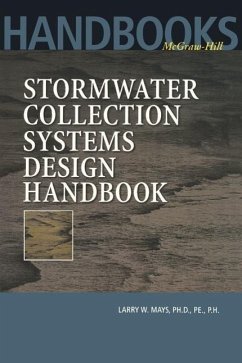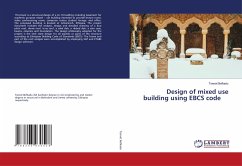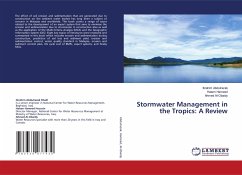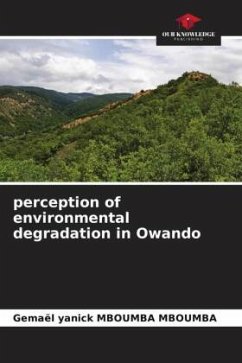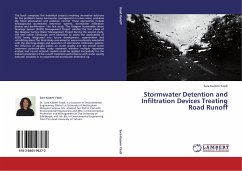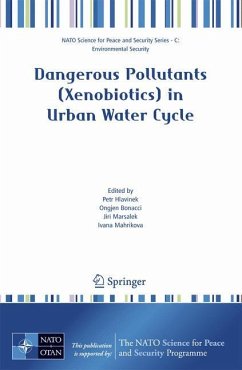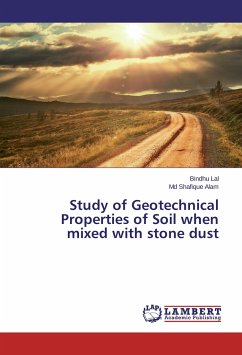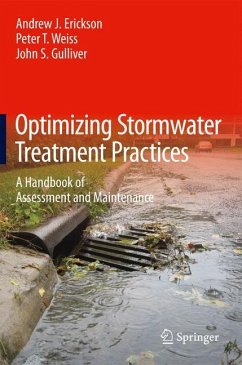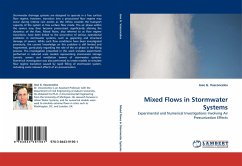
Mixed Flows in Stormwater Systems
Experimental and Numerical Investigations Involving Air Pressurization Effects
Versandkostenfrei!
Versandfertig in 6-10 Tagen
52,99 €
inkl. MwSt.

PAYBACK Punkte
26 °P sammeln!
Stormwater drainage systems are designed to operate in a free surface flow regime, however, transition into a pressurized flow regime may occur during intense rain events as the inflow exceeds the transport capacity of the system in free surface flow mode. The air phase within the sewers may then become pressurized, significantly altering the dynamics of the flow. Mixed flows, also referred to as flow regime transitions, have been linked to the occurrence of serious operational problems in stormwater systems, such as geysering and structural damage of sewers. While such flow conditions have be...
Stormwater drainage systems are designed to operate in a free surface flow regime, however, transition into a pressurized flow regime may occur during intense rain events as the inflow exceeds the transport capacity of the system in free surface flow mode. The air phase within the sewers may then become pressurized, significantly altering the dynamics of the flow. Mixed flows, also referred to as flow regime transitions, have been linked to the occurrence of serious operational problems in stormwater systems, such as geysering and structural damage of sewers. While such flow conditions have been investigated previously, the current knowledge on this problem is still limited and fragmented, particularly regarding the role of the air phase in the filling process. The investigation presented in this work includes experiments performed in reduced scale models representing stormwater storage tunnels, sewers and ventilation towers of stormwater systems. Numerical investigation was alsoperformed to create models to simulate flow regime transition caused by rapid filling of stormwater system, including some relevant effects of air pressurization.




